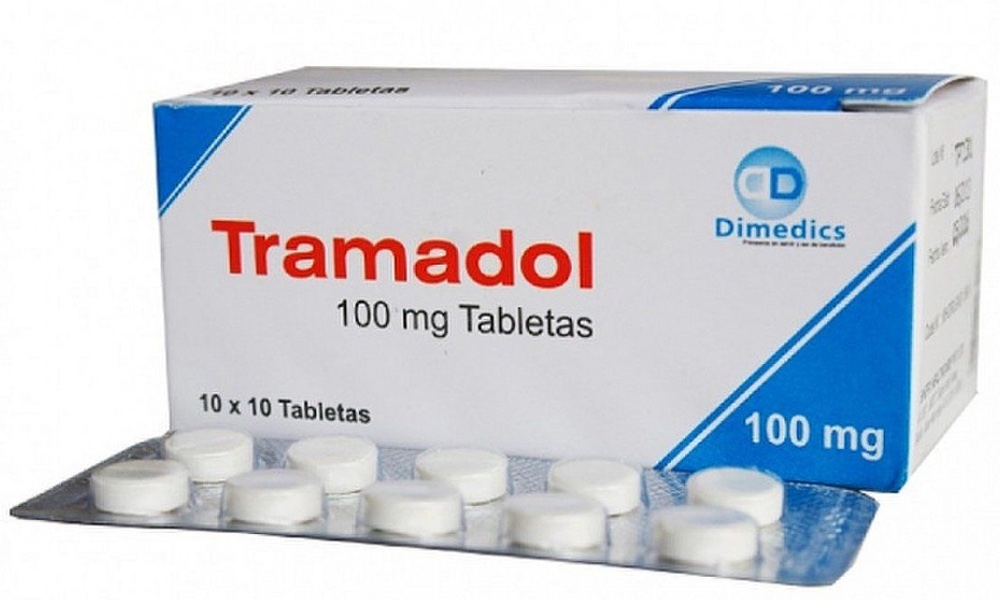It turns out your grandma may have been right. That is, if she was Indian.
For centuries, Indian grandmothers have said that onions and turmeric, a yellow powder used mainly to color rice and curries, are good for your health. Now, a small-scale clinical trial by Johns Hopkins investigators has found evidence this may well be true.
In the study, published in the August issue of Clinical Gastroenterology and Hepatology, a pill combining chemicals found in turmeric and onions reduced both the size and number of precancerous lesions in the human intestinal tract, suggesting that these chemicals might prevent colorectal cancer.
Five patients with a type of precancerous polyps in the large intestine known as familial adenomatous polyposis (FAP) were treated with curcumin, a chemical found in turmeric, and quercetin, an antioxidant found in onions, over an average of six months. By then, the average number of polyps had dropped 60.4 percent, and the average size dropped by 50.9 percent, according to a team led by Francis M. Giardiello, M.D. of The Johns Hopkins University School of Medicine, and Marcia Cruz-Correa, M.D., Ph.D.,of Johns Hopkins and the University of Puerto Rico School of Medicine.
"We believe this is the first proof of principle that these substances have significant effects in patients with FAP," says Giardiello.
As its name implies, FAP runs in families and is characterized by the development of hundreds of growths (polyps) that ultimately develop into colon cancer. Nonsteroidal anti-inflammatory drugs (NSAIDs) are often used to treat this condition, but NSAIDs can cause significant side effects, including gastrointestinal ulcerations and bleeding.
Researchers have long observed that ethnic groups who consume large amounts of curry and other foods containing turmeric — the powdered root of the herb curcuma longa — seem to be less prone to colorectal cancers.
Similarly, quercetin — one of a group of plant-derived polyphenolic anti-oxidant substances known as flavanoids, (found in a variety of foods including onions, green tea and red wine), has been shown to inhibit the growth of colon cancer cells.
Although these substances were given together in the Johns Hopkins trial, it is Giardiello's belief that curcumin is the key agent.
"The amount of quercetin we administered was similar to what many people consume daily; however, the amount of curcumin was many times what a person might ingest in a typical diet, since turmeric only contains on average 3 percent to 5 percent curcumin by weight," says Giardiello. Because of this, he cautions that simply eating a lot of curry and onions may not have the same effect as was produced in this study.
Each subject received 480 milligrams of curcumin and 20 milligrams of quercetin orally three times a day for six months. Side effects were minimal.
"This study showed for the first time that curcumin treatment was efficacious in decreasing the number of polyps in patients with FAP, similarly to what has been seen with the use of synthetic NSAID agents, but with minimal side effects. Furthermore, we saw that adenomas [polyps] found in the small intestine of our patients also responded to curcumin," says Cruz-Correa. She says a randomized clinical trial involving more patients will soon be conducted by Johns Hopkins and the University of Puerto Rico Comprehensive Cancer Center.




